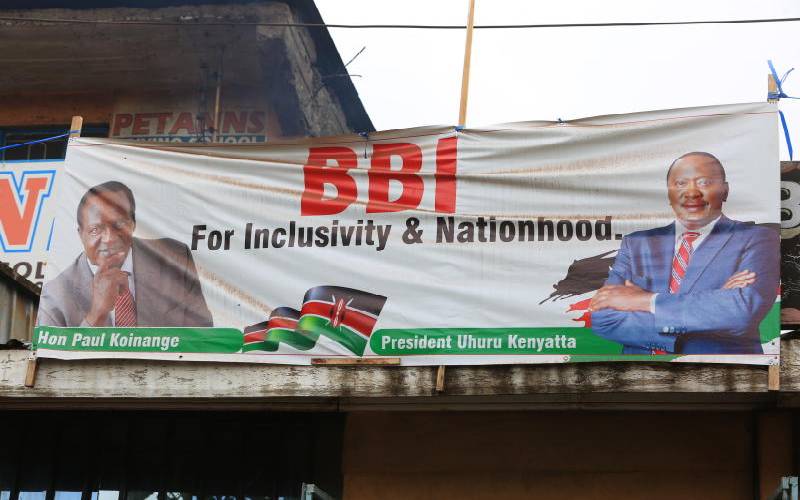×
The Standard e-Paper
Home To Bold Columnists

The proposed amendments of the Constitution by President Uhuru Kenyatta and ODM leader Raila Odinga will cost taxpayers close to Sh20 billion more within the first financial year should they take effect.